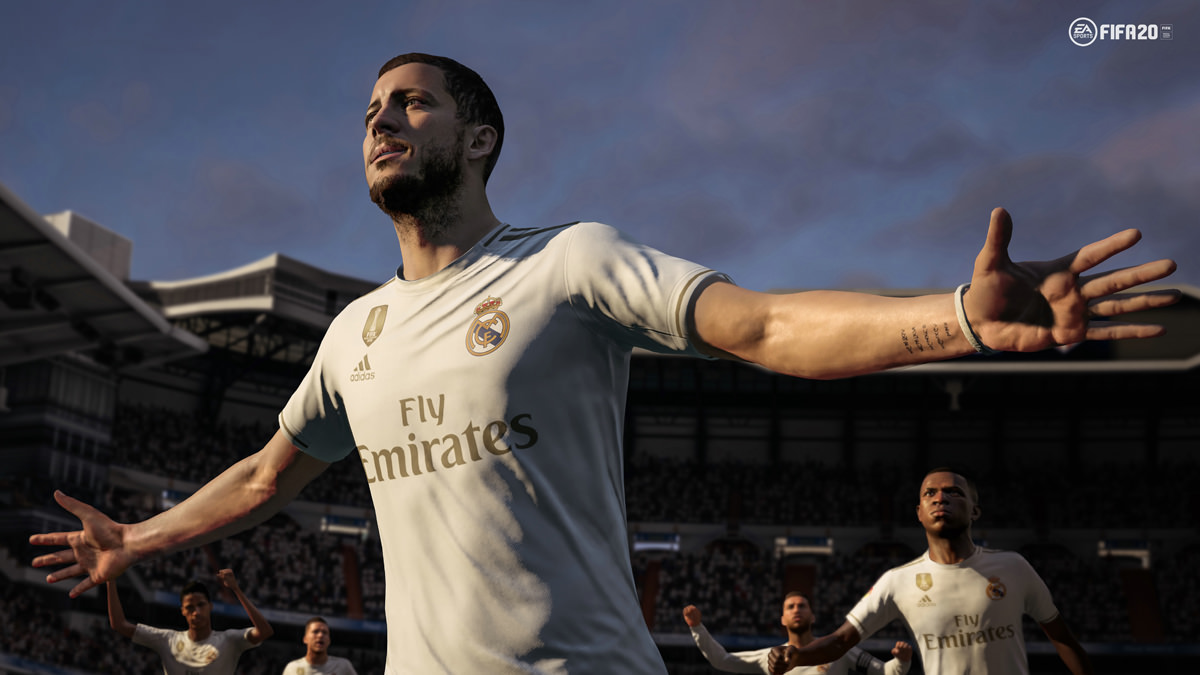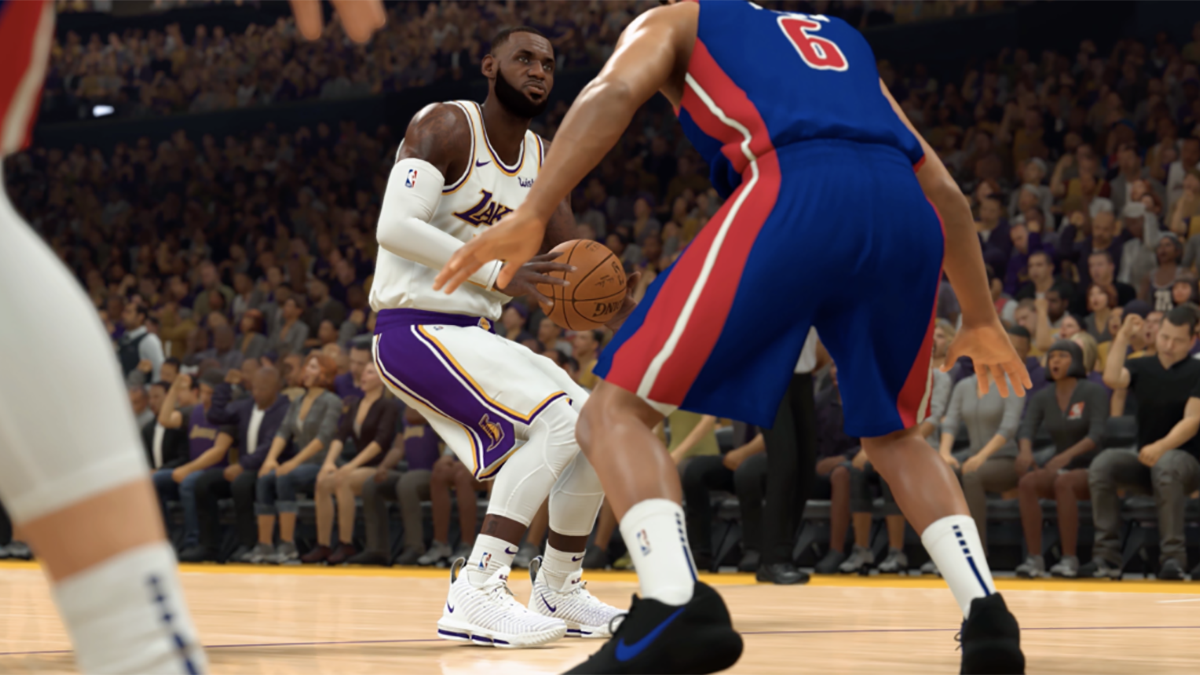You could be forgiven for thinking that we’ve wandered into an alternate universe since the outbreak of the coronavirus COVID-19.
It’s a pandemic that has taught us just how unprepared we were for a disease to spread with such speed and reach, and virtually everyone stands to be affected in some way. And the world of traditional sports, often a welcome distraction during times of economic turmoil or political unrest, has been hit just as hard as the rest of us.
Fortunately, despite the cancellation of leagues and tournaments across the globe, sports is finding solace in its younger brother: esports.

An unlikely alliance
Esports has been far from sports’ biggest ally during its burgeoning growth across the last few years. An ageing audience has left some major sports with stagnating viewership, especially across the US, as leagues fail to catch the attention of younger fans; which is precisely the demographic that is turning to competitive gaming for their entertainment. Yet now, esports is providing a welcome reprieve for sports teams and players that are struggling to provide content during the current crisis.
Of course, esports itself is hardly unaffected; there’s a growing list of tournaments and events (including our own ESI New York) that have been affected by the virus. But competitions and influencers alike are returning to the roots of the industry and streaming online, allowing fans stuck at home easy access to a constant flow of entertainment.
Sports bodies have been catching on. Perhaps the best example is Formula One, which recently announced intentions to launch a sim racing series. The Virtual Grand Prix Series has seen a number of current F1 drivers compete on F1 2019, alongside guests from esports and gaming. Its reveal follows confirmation of similar events from NASCAR and the Supercars Championship, with teams and drivers going head-to-head online.
Racing is almost the perfect match for such a crossover; technology has become so advanced that professional drivers can use simulation racing to accurately practice for major races in a safe (and relatively inexpensive) environment. But it’s far from the only sport to use esports as an outlet during the downtime created by the ongoing pandemic.
NBA side Pheonix Suns tweeted that it would play out the rest of its season on NBA 2K20, broadcast on Twitch. Monumental Sports Network and NBC Sports Washington announced plans to broadcast Washington Wizards’ NBA and Washington Capitals’ NHL games through NBA 2K20 and NHL 20. And a mega 128-team FIFA charity tournament is set to take place, inspired by a viral campaign from Leyton Orient’s social media manager.
So what do sports broadcasters, operators, teams and players stand to gain from gaming?
Quite a lot, as it happens.

The show must go on
First and foremost, sporting bodies are searching for a way to keep up fan engagement during an otherwise dead period, until the world can recover from the crisis caused by COVID-19. If they can fill feeds through some light-hearted competition, providing positive content amidst the stress of a pandemic, what’s not to like?
Of course, online play can also be utilised as a marketing method. Remember that ageing sports audience? Teams and players can reach more eyeballs – and perhaps even attract more fans – by appealing to younger viewers in their natural (virtual) habitat, through platforms such as Twitch and YouTube.
Additionally, streaming can provide a way for clubs and leagues to show off their sponsors; if they can’t meet planned obligations, they can potentially still maintain good relationships with partnered brands by creating additional content outside of traditional competition. Whether your jersey is real or digital, it can still have the same logos plastered over it.
The benefits of sports’ forays into esports go both ways, too; when sports entities head to streaming platforms to play games, they could well be enticing new players and viewers to different games and esports titles. For simulation games such as F1 2019, NBA 2K20, NHL 20, and FIFA 20, that extra exposure could have a real, lasting impact on esports league viewership.

Right now, as the sporting world struggles, it makes sense for these two industries to collide. By why shouldn’t this convergence continue into the future?
If this crisis has taught us anything about esports, it’s the industry’s resilience. No matter the state of affairs in the world, as long as there’s a reliable internet connection, you can bet someone will be gaming through it.
Hopefully, the companies and individuals that populate the sports industry have learned something, too: esports is a valuable tool, and it should be used as such, to supplement the content that can be created through social media and traditional broadcasting, and to reach a wider audience. And it is here to stay.

